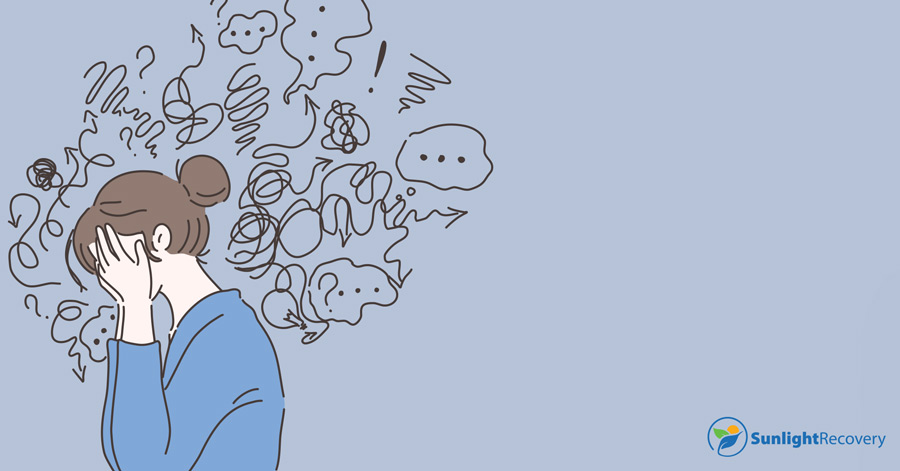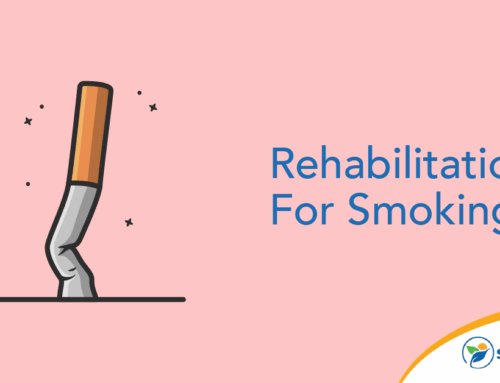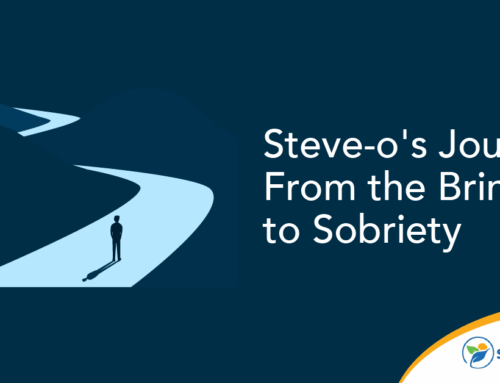Selective serotonin reuptake inhibitors (SSRIs) have emerged as the most commonly prescribed antidepressants in the United States for the treatment of depression, anxiety and other mood disorders. They are widely used because they don’t pose a high risk for severe side effects and are highly effective for many people.
However, not everyone who starts taking SSRIs is comfortable remaining on them throughout their lives. If you’re exploring the possibility of discontinuing use, it’s important that you understand what happens when you stop taking SSRIs and why it’s typically better to taper antidepressants rather than simply stop abruptly.
The Prevalence of SSRIs
Roughly 13.2% of adults over the age of 18 in the United States take antidepressants, and many of them take SSRIs. These drugs include:
- Citalopram (Celexa)
- Escitalopram (Lexapro)
- Fluoxetine (Prozac)
- Paroxetine (Paxil, Pexeva)
- Sertraline (Zoloft)
Because they’re generally well tolerated, SSRIs are often the first medication that doctors choose for patients dealing with general anxiety disorder and depression. The drugs may be the sole treatment or combined with cognitive behavioral therapy (CBT) and other mental health interventions.
Prozac was the first of these SSRIs to hit the market. During the 1990s, the drug became widely known and was frequently mentioned both on the news and in television shows and movies. Conversations about the drug helped diminish some of the stigma surrounding depression, leading more people to seek treatment. And as demand increased, drug manufacturers began developing other SSRIs to meet it.
What Are the Effects of Taking SSRIs?
SSRIs work by increasing your brain’s supply of the feel-good chemical serotonin. Normally, this neurotransmitter circulates through the brain and then becomes absorbed into the bloodstream. In some people, reabsorption leads to low levels of serotonin. Studies indicate that these abnormally low serotonin levels are responsible for symptoms of depression.
When you take an SSRI, the drug reduces how much serotonin gets reabsorbed. This leaves more serotonin free to promote feelings of relaxation and calm. You may experience the effect as a lessening of symptoms or feel like you’re completely back to normal when you take your medication.
What Are Common Side Effects of SSRIs?
Like all drugs, SSRIs can cause side effects in some people. The most common ones are:
- Headache
- Drowsiness or fatigue
- Dry mouth
- Nausea
- Weight gain
- Sexual dysfunction
In many cases, these side effects are minor and fade as the body adjusts to the effects of SSRIs. However, some people find that they interfere too much with their daily lives. For these individuals, doctors may prescribe a different SSRI or a different antidepressant.
Should You Plan on Taking SSRIs Forever?
SSRIs are highly effective at alleviating symptoms of depression. However, they’re not a cure for any mental health condition. If your depression was circumstantial and tied to a life event, you may not need to take SSRIs forever. Individuals who have habitual depression not tied to life events may develop symptoms again if they stop taking the drug. The good news is that SSRIs are generally safe for long-term use.
What Happens When You Stop Taking SSRIs?
If you stop taking SSRIs suddenly, you may experience what doctors call discontinuation syndrome. Symptoms of depression may return within a few days or weeks after you stop taking the drug, and in some cases, they may be severe.
Discontinuation syndrome may occur due to the sudden drop in serotonin that occurs when you no longer take SSRIs. When you were taking the medication, your brain learned to depend on the extra serotonin. If you abruptly stop your doses, conditions change suddenly, possibly leading to:
- anxiety
- feelings of sadness or hopelessness
- loss of energy
- nausea
- sleep problems
- thoughts of self-harm and suicide
- vertigo
- zapping or pinging sensations in the head or on the surface of the skin
How Long Does SSRI Withdrawal Last?
How long SSRI withdrawal lasts varies from person to person. You may continue to experience symptoms until your brain is able to adjust to the changes in serotonin levels. This could take several weeks or even longer for some people.
How to Taper Antidepressants
Due to the risk of discontinuation syndrome, doctors generally advise against abruptly discontinuing the use of SSRIs. A better approach is to taper antidepressants. This involves gradually decreasing the daily dosage. By stepping down dosing rather than going cold turkey, your brain doesn’t have to adapt to changes in serotonin levels all at once. The more gradual reduction is easier to adapt to, so withdrawal symptoms are less likely to occur.
Although tapering antidepressants can lead to better outcomes than sudden discontinuation, you still shouldn’t try to lower your dosage on your own. Instead, you should talk to your doctor about stopping SSRIs.
Plan to have an open, direct conversation. Explain why you no longer wish to take SSRIs. Is it due to side effects? Cost? A belief that you no longer need them? Provide your doctor with as much information as possible, so that they have a clear understanding of your concerns.
Once you’ve made your case, be open to what your doctor says in response. If you’re still in the middle of a stressful life event, staying on the drug for longer may be a better option. For chronic depression unrelated to life events, your doctor may want you to remain on an SSRI or another antidepressant for at least 2 years based on clinical research into the best practices for treating the mental health disorder. Alternatively, your doctor may want you to begin seeing a therapist or to continue therapy sessions for a longer period before you taper antidepressants.
If your doctor does agree that now is a good time to go off the medication, they’ll explain how to wean off antidepressants. They’ll develop a schedule to gradually lower your dose and have you return for follow-up visits along the way. Once the discontinuation plan is in place, stick to it and keep your check-in appointments for best results.
Finding Help for Depression
The decision to taper antidepressants is a big one, and you don’t have to go through it alone. Supportive, understanding experts at Sunlight Recovery are ready to help you make the best decisions about treatment for depression. Take the first step toward finding a partner who will be with you during the transition and beyond by contacting us today.







